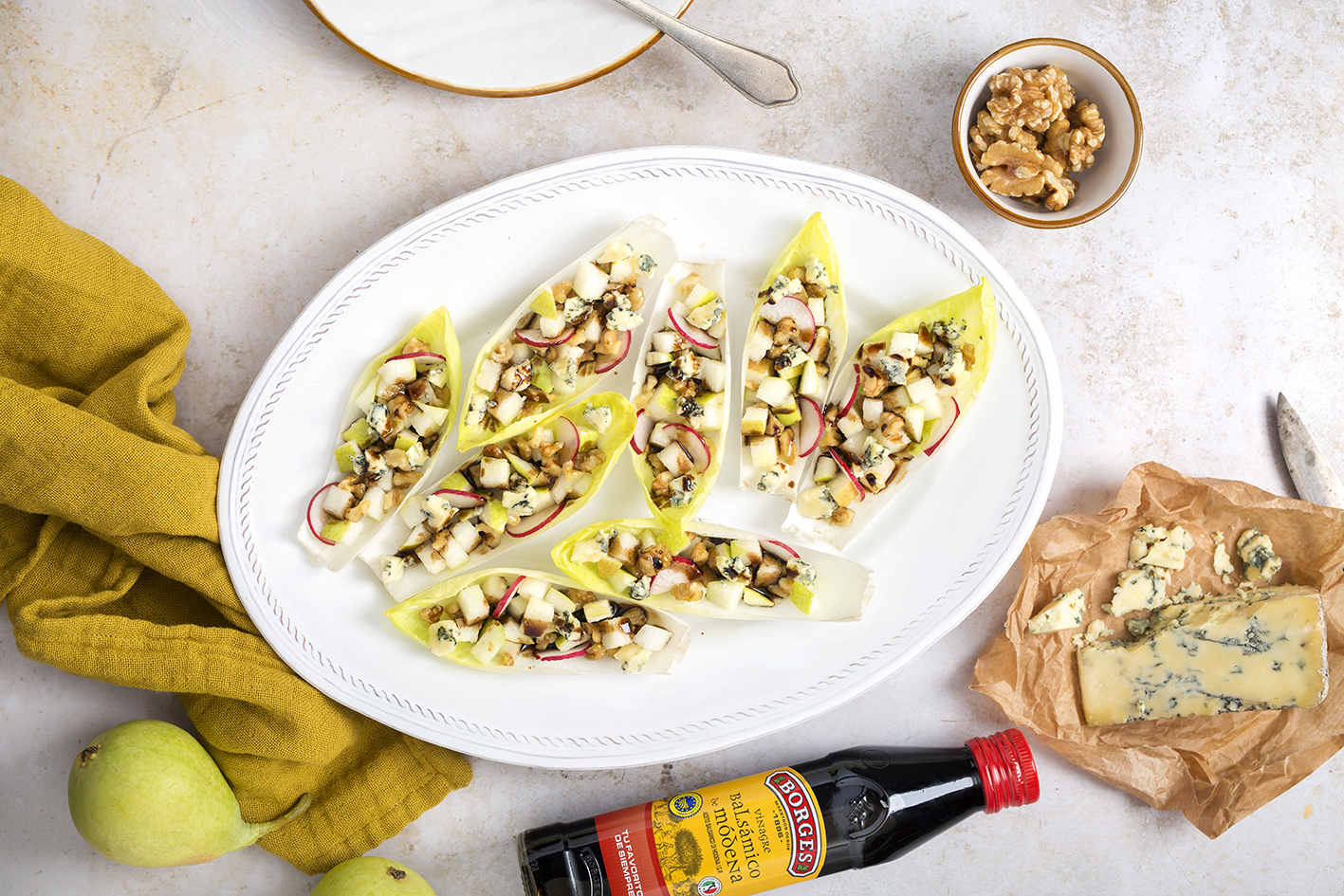Nutrition education is key if you want your children to eat well, not turn their noses up at fruit and vegetables and understand that those tempting mass-produced pastries aren’t good for their health. Adults’ best habits are learnt at an early age.
As ever, the secret lies in moderation. Healthy eating means covering all the food groups. In the words of the Spanish Association of Primary Care Paediatrics, “If children learn to eat everything right from the start, they’ll develop habits for life.” Their guide to healthy eating for children includes the following recommendations:
First and foremost, the Mediterranean diet is a great start. Lots of fruit, vegetables, greens and pulses, cereals (bread, pasta, rice) and more fish and poultry than red meat. Cooking with extra-virgin olive oil and not too much salt.
Don’t let kids leave home in the morning without a good breakfast, including dairy products, cereals and fruit (whole pieces of fruit and fresh fruit or tomato juice). They should eat fruit, vegetables and greens every day, preferably five portions, two or three of which ought to be whole pieces of fruit. Only one fresh fruit juice a day. Remember that water is the only absolutely necessary drink.
Avoid precooked food, saturated, trans and hydrogenated fats and coconut and palm oil. Kids can get the healthy fat they need from products like nuts, extra-virgin olive oil and blue fish. Bake, grill or steam food instead of breadcrumbing and frying it.
Food should be neither a punishment nor a prize. Offer rather than compel, and let kids decide how much they want to eat themselves. Remember that they learn by copying grownups. Eat together as a family at the table and eat slowly, chewing your food well – and turn off the TV! Distracted children eat more than they realise.


